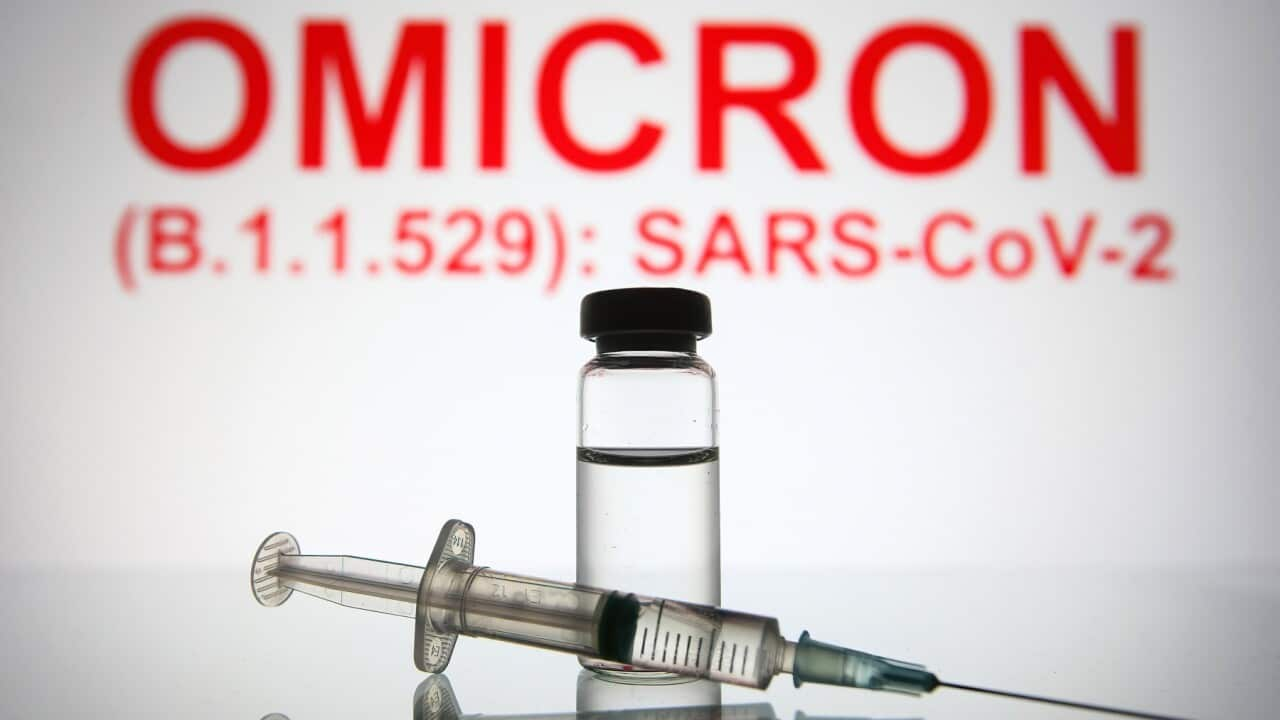Highlights
- Ang lahat ng international arrivals ay inaatasan na mag isolate ng 72 hours kasunod ng banta ng Omicron variant.
- Inatasan na ni Health Minister Greg Hunt ang ATAGi o Australian Technical Advisory Group on Immunisation na pag-aralan mga health advise sa pagbabakuna ng COVID-19 booster vaccine
- Pinag-aaralan pa ng national security committee kung ipapapgpatuloy ang pagpapapasok ng mga skilled workers, international students at iba pang fully vaccinated visa holders
Ang parehong pasahero ay dumating Sydney nitong Sabado ng gabi na lulan ng Qatar Airways QR908, mula Doha na may sakay na 260 pasahero at air crew. Kaagad isinailalim sa test ang mga ito.
Fully vaccinated ang mga nasabing pasahero at a symptomatic o hindi nakitaan ng sintomas.
Ang 12 pasaherong mula South Africa ay sumasailalim sa 14 na araw ng hotel quarantine sa isang Special Health Accommodation.
Habang ang lahat ng nakasabay sa eroplano ay itinuturing na close contacts at inabisuhang mag self-isolate.
Kasunod nito, ipinag utos ng pamahalaan ng NSW, VICTORIA at ACT na ang mga nanggaling sa South Africa, Lesotho, Botswana, Zimbabwe, Mozambique, Namibia, Eswatini, Malawi, and the Seychelles sa nagdaang dalawang linggo ay kailangan mag quarantine ng 14 na araw kahit sila ay fully vaccinated.
Ganun din ang mga dumating na Australia sa nakaraang dalawang linggo bago ang kautusan at nagmula sa mga nasabing lugar kaagad magpatest.
Sinabi ng immunology professor Professor Danny Altmann sa panayam sa Sky New, na wala pang naiiulat mula South Africa na mas malalang epekto ng mga tinamaan ng bagong variant.
Kumpiyansya umano sya sa pagiging epektibo ng mga bakuna lalo na at tanging mga unvaccinated ang karaniwang naoospital dahil sa pagkahawa sa virus.
"I think it's a case of kind of hope for the best and fear the worst, isn't it? So in some ways, if you look at the straight molecular biology limitations, it looks potentially quite a lot scarier even than Delta. And don't forget, we thought of Delta, I certainly thought Delta as a peak variant, and probably it couldn't get much worse than that.
This looks potentially worse. On the other hand, there's no reporting from South Africa yet that cases are more severe. And it looks like vaccines may still be doing something because we heard there yesterday that the people in hospital tended to be the unvaccinated people rather than the vaccinated."
Ayon pa kay Professor Altmann, kakaunti lang ang natatanggap na bakuna ng Africa kumpara sa Europe or North America, na posibleng dahilan ng mabilis na pagkalat ng bagong variant
"You know, in this particular case, if it did come out of Botswana and or South Africa, there has been quite a lot of vaccine available there. But as you say in the African continent as a whole, they've been very short of vaccines compared to Europe or North America. And things like this demonstrate how foolhardy that is. We're just breeding the future variants to come and haunt us. Why do it?"
Sa ngayon, tanging ang pagpapabakuna ang isinusulong na paraan para proteksyunan ang sarili at mahal sa buhay laban sa coronavirus.





